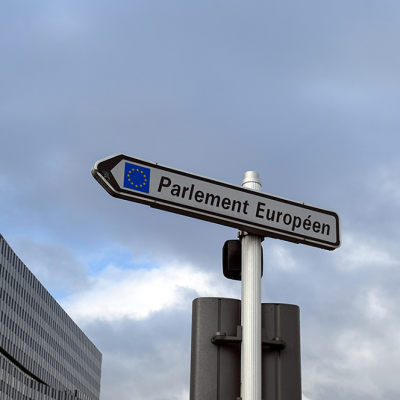Europe at the polls. Lessons from the 2013 Italian elections
The 2013 Italian elections were in several respects a ‘Europeanised’ contest. Negative aspects appear to have prevailed in both the discourse of parties and the choices of voters. Regarding EU governance, the predominantly negative character of this Europeanisation process may be a source of instability in the future.

Other member states closely followed the elections, and several foreign leaders even voiced their preference. Considerations related to European issues also seem to have influenced the choice of various groups of voters. All this transformed the nature of the election, which became an important moment in European political life. It is still too soon to assess the consequences at the EU level. Yet one can only be struck by the fact that this ‘Europeanisation’ pattern replicates developments that occurred in the 2012 elections in countries like France and Greece.
It remains to be seen whether this transformation of the electoral process should be seen as an occasional phenomenon, prompted by a context of crisis, or rather the harbinger of a profound change in party competition throughout Europe.




